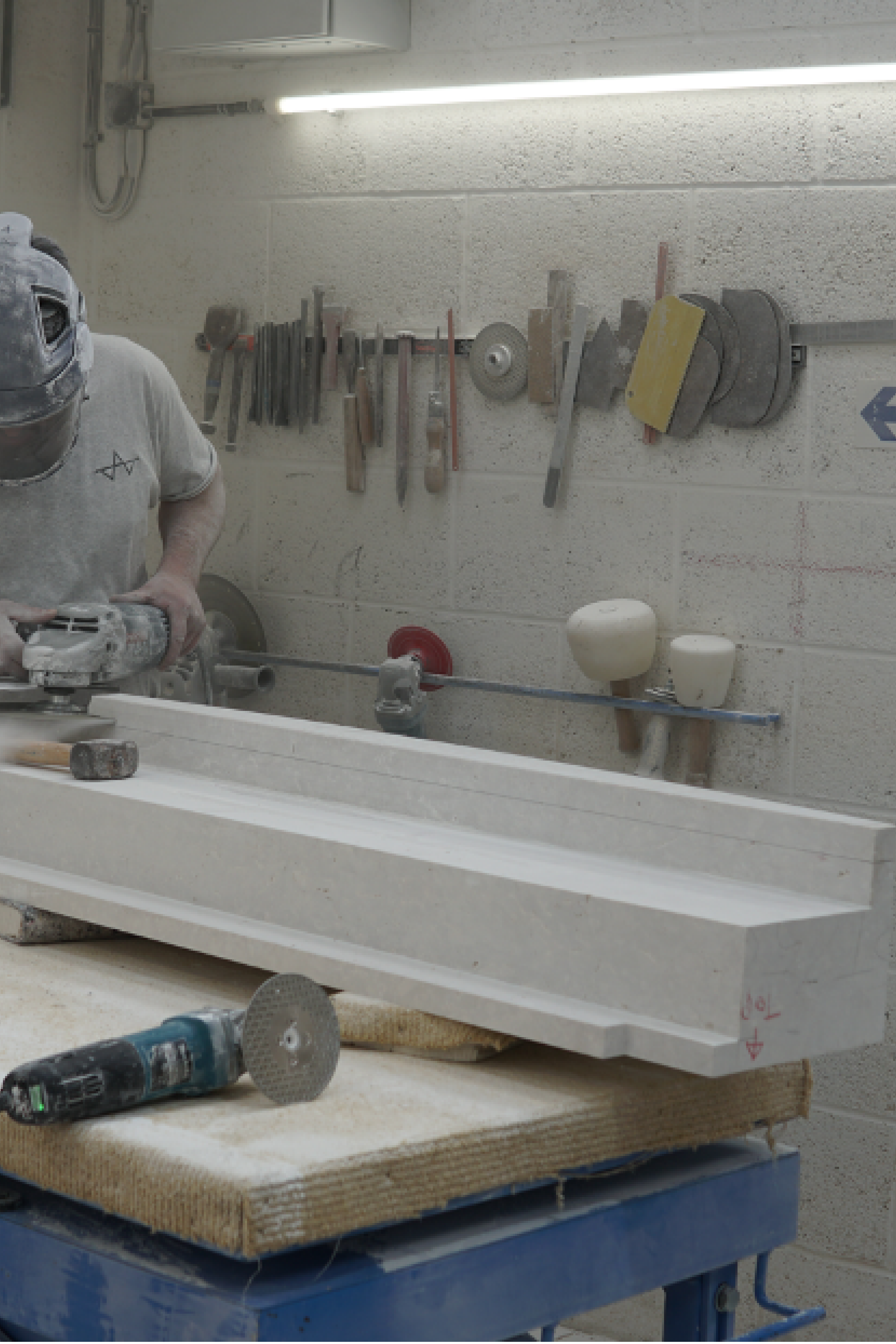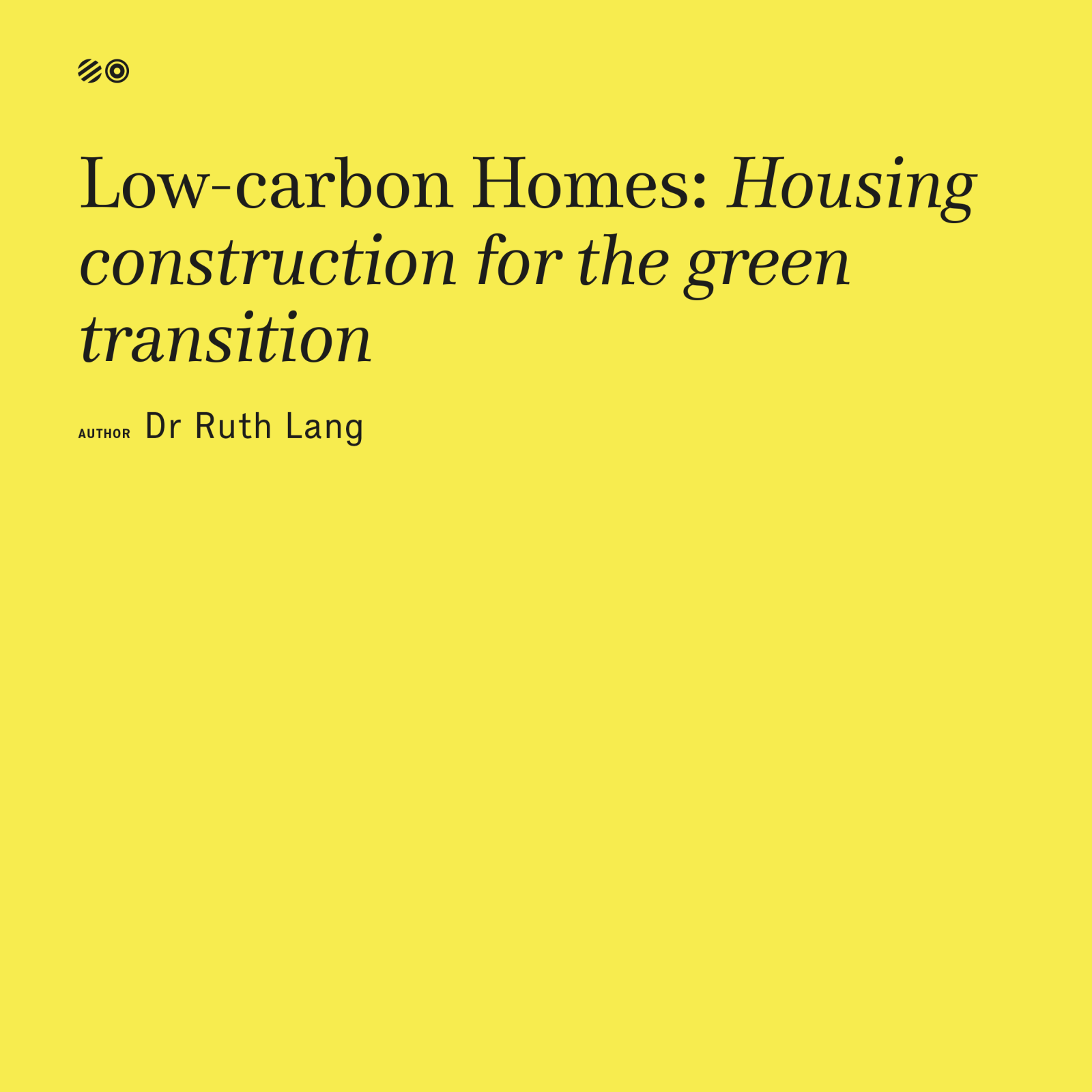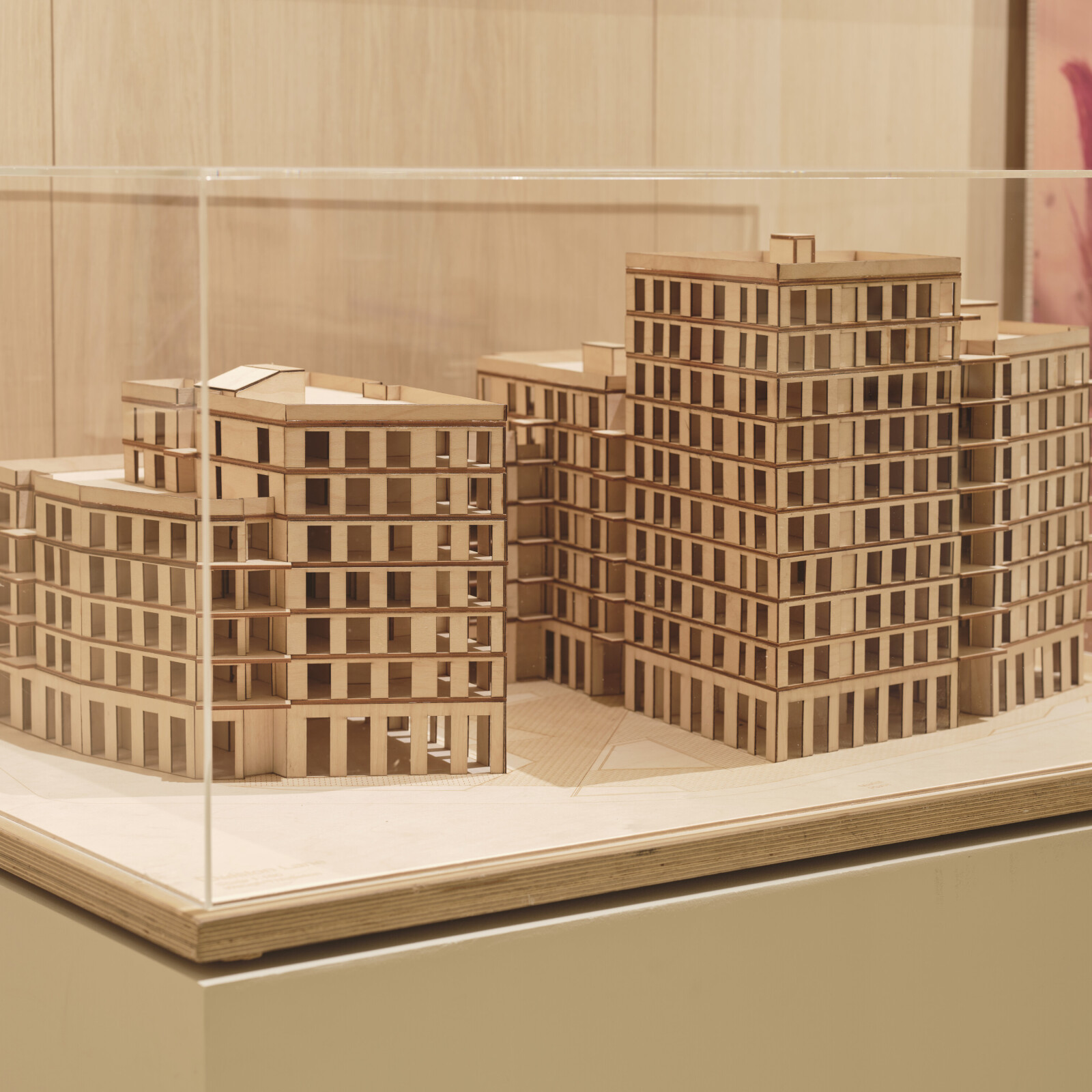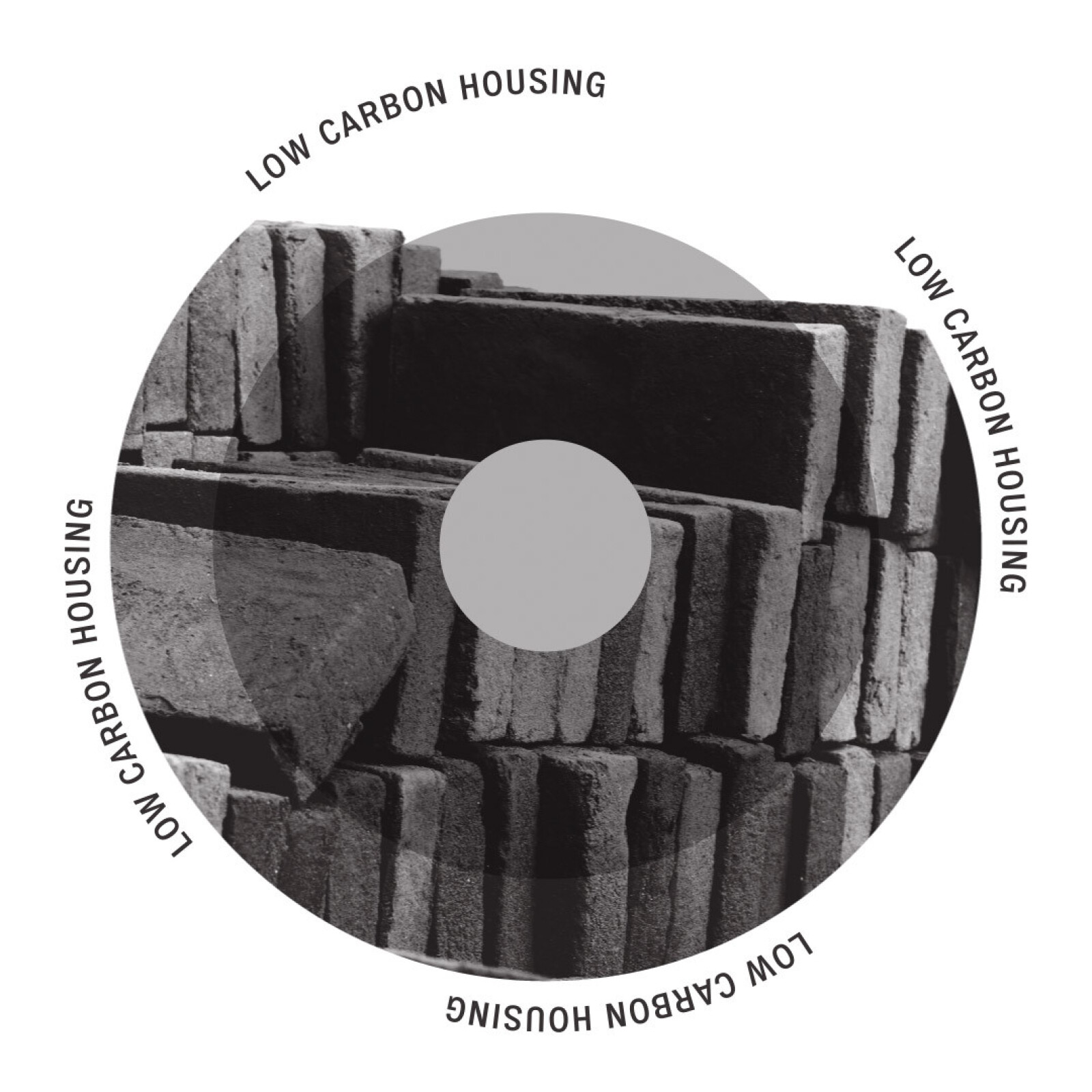Over the past year, Future Observatory has been pursuing a strand of research focused on low-carbon housebuilding. The UK has a longstanding housing crisis, and yet any large-scale housebuilding programme seeking to address it would mean significantly increasing carbon emissions – construction materials currently make up about 11% of built environment emissions. There is thus an urgent need to reduce the impact of those materials – the ‘embodied carbon’ – on the UK’s carbon budget.
Through a series of roundtable discussions with developers, engineers, architects, researchers and policy makers, we have explored what change is needed, the barriers to making these changes, and the ways in which these barriers might be overcome.
This report explores how initiatives aimed at solving the housing crisis and the climate emergency are mutually dependent. The report is intended for an audience of policy makers, developers, researchers and those interested in developing new initiatives for positive environmental impact in the built environment. It highlights the need for top-down change driven by building regulations and planning policies, as well as identifying grassroots opportunities for investing in materials research, development and testing.
This research is the summation of phase one of a longer programme looking at the adaptations needed in the housebuilding sector in terms of policy, research and investment, and demonstrates the need for a wide-reaching shift in the approaches we consider ‘normal’ in housebuilding construction.




